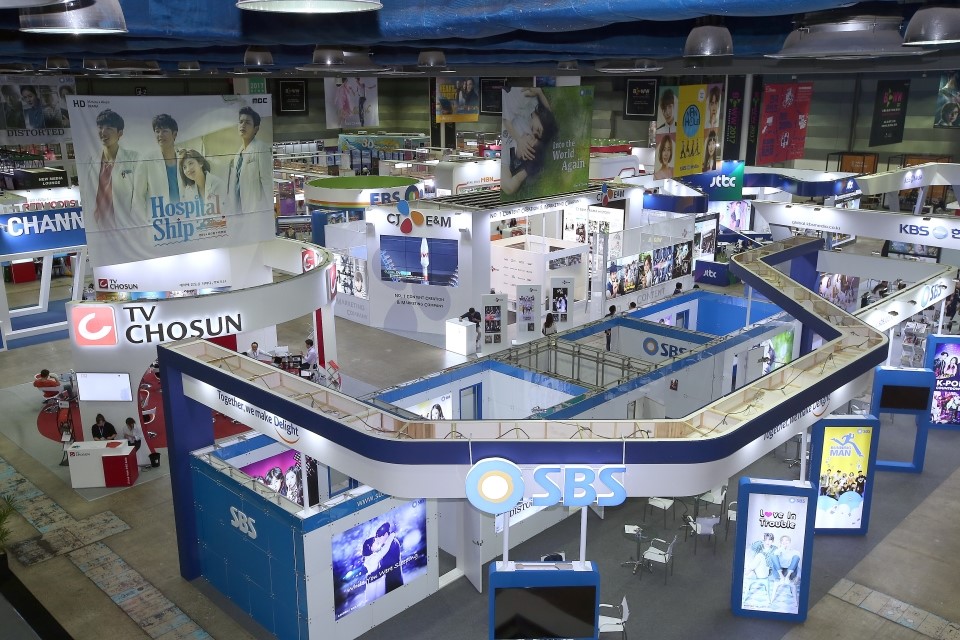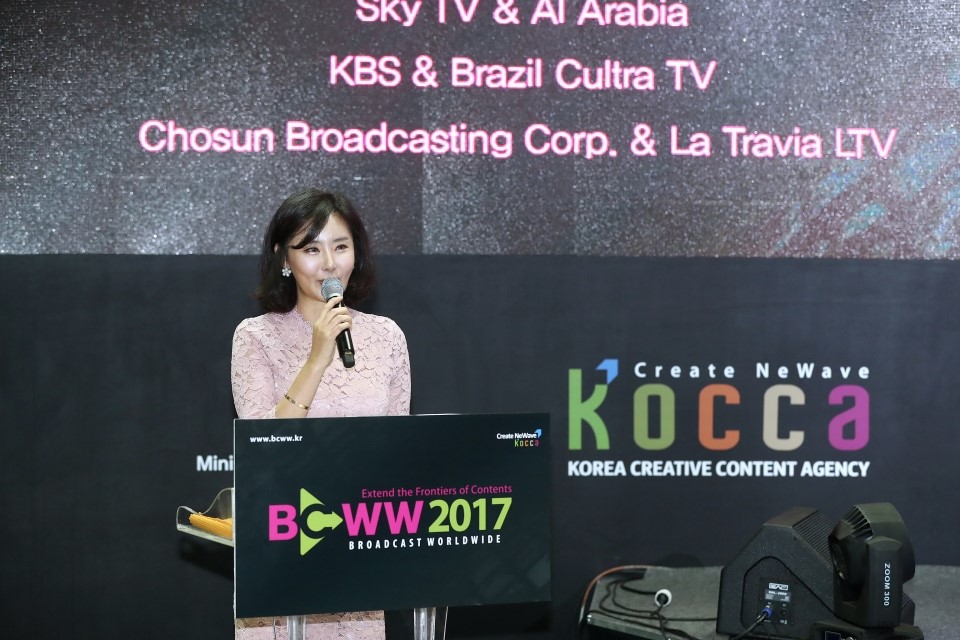 |
| ▲ Photo from Google |
The illegal pirating of Korean TV programs by the Content and Broadcasting industry in China has become a significant issue in South Korea as the rate of copycat programs area on the rise. In fact, these days, due to the extensive influence of Hallyu, a formal name for the Korean culture wave, we have seen many questionable copies in Chinese broadcast content. Even though Hallyu has not really ‘invaded’ China as much as it has other nations, it is not very hard to find some storyline or concepts in Chinese television programming that is strikingly similar to some very notable Korean programs.
Several program providers in China seem to be copying Korean TV shows and their concepts. In some cases, the links are clear, with the Chinese edition simply altering the storyline a bit, and using different actors. There are many more examples of programs that China has copied such as Hyo-lee’s B&B (JTBC), Produce 101 (Mnet), and Three Meals a Day (tvN). This list is growing still. A copy of the Korean program Show Me the Money, a hip hop competition show (Mnet) was produced in China using similar logos and the same concept. In all cases, no official approval was sought out to duplicate the format.
It is difficult to prove TV show content has been plagiarized. It is hard to tell whether the format really is copied for benefit or if it is just a simple coincidence. Chinese court doesn’t consider TV programs as writing, which is the only form of storytelling protected by the copyright law. Even though most of the pirating acts we are seeing, clearly cover show format, these cases of plagiarism are considered legal and are classified as genre similarity rather than illegally copied concepts. Many program providers, however, in the content and broadcasting industry of Korea, are arguing they are commercially harmed by this plagiarism. They also insist the legal system designed to protect producers from copyright is malfunctioning in Korea and suggest that for the improvement of K-content, they need to enforce a strict ban on imitations.
Therefore, to explore the professional perspective of the harm caused by China’s plagiarism of South Korean TV programming, the Dankook Herald (DKH) interviewed with Ahn Sung-seob, Section Head of the International Cooperation Team of the Korea Copyright Commission. Ahn pointed out that many people misunderstand the legal system and how copyright protection works. Copyright or pirating laws only apply to printed works like images, and logos. Likewise, the law system of China does not consider the similarity between program formats as a plagiarism. There was one case launched and won by the Netherlands that ‘Voice of China’ was a copy of a Dutch program. However, since the structure of the content industry is very complicated, this precedent can hardly be applied to the situation between China and Korea. Ahn insisted that the original program developers protect their royalties through civil action suits instead, suing the offender for loss of profit, because the government currently has no legal grounds to take action. The Unfair Competition Prevention Law, has been mentioned as a solution to this problem as it is also based on business or production ethics.
Meanwhile, it also seems likely this problem resulted from the dispute between Korea and China with regards to the Terminal High Altitude Area Defense (THAAD) system. Even though the Chinese government has insisted they have not taken any revenge action towards Korea in international trade, they have enacted greater restrictions towards Korean broadcasting industries than before the THAAD issue came to light. And this, he believes, has impacted the export of Korean content. According to Ahn, the Chinese legal system has regulated foreign content in a strict way. So what is the solution? Ahn believes a general principal of ethics between program producers should be recognized as the way consenting to a sense of value towards programming ideas. Moreover, it would be a better alternative, Ahn believes, if the producers could reach an agreement about the right to use the content of others. For example, the two parties could agree that after you copy the content, you cannot continue to copy it in the next season, unless it’s collaborative work.
Research from 2017 on the Actual Condition of Main Content Companies in China from the Ministry of Culture, Sports and Tourism, shows the cooperation between Korean and Chinese broadcasters at 9% of the 1,006 incumbent broadcasting firms. The genres comprise of animation, music, games, movies and even advertisements. Compared to the dominant drama market before, entertainment has seen a significant rise in demand for more diverse content in the Chinese market.
The Broadcasting Industry White Paper from the Korea Cultural Content Agency, explored how broadcasters, from both China and Korea, cope up with the increase in imports and exports, deal with issues associated with localizing these contents and giving them a ‘Chinese title, but a Korean format. They found out that in the recent years, in order to keep up with the standard of programming in Korea, ‘flying PDs’ have evolved. They are a group of Korean programming directors that will hop over to Chinese media to help them with programming. These are not inexperienced workers, but rather mostly renowned producers and directors. However, these days, instead of simply using staff from Korea as they had in the past, the option of buying the content and investing in production locally in China is becoming more and more common.
 |
| ▲ The exhibition gathering major program providers in BCWW. |
The broadcasting and content industries have defined their own process to sharing and cooperating among them, especially intercultural. There is a forum called Broadcast World Wide, in short BCWW, which is hosted by the Korean Ministry of Culture, Sports and Tourism. It was developed to foster a cultural exchange in the co-production of broadcast content. This forum addresses areas for collaboration like content, market and exchange, which helps broadcasters from around the world understand the making of content in Korea, as well as encourages collaboration with international content providers. This is considered a good platform for the international exchange of programming and ideas for combatting plagiarism.
 |
| ▲ In BCWW 2017, there were meaningful presentations to improve intercultural circulation of TV content. |
With the incorporation of Korean content on the rise, there has been a worry over the imitation of Korean programs in China, which can be a tricky problem. Therefore, the Korean Creative Content Agency has provided clear guidelines for intellectual property violation and a platform for reporting serious violation issues, through Welcon (abbreviation of Well-made Kcontent).
The plagiarism controversy between the Korean and Chinese Broadcasting content is growing and it is getting harder to tell whether it is plagiarism under the law, as the content gets more complicated. However, there are also solutions to improve recognition of the producer and for obtaining consent from the providers. The Korean government is offering legal aid to respond to the harmful effect of copying Korean TV programming by China. Their services include providing information or consultations letting victimized content companies have an opportunity to take official action against the conflicts through Welcon. In the end, it is clear that the content industry needs to obtain more consent through cooperation with their overseas neighbors and realize that building cooperative relationships with each industry has far more benefits than simply coping each other’s ideas.
박해지, 박정수, 심형석, Edward Ng dankookherald@gmail.com

![[Campus Magnifier] Let's Surf the Library!](/news/photo/202404/12496_1765_4143.jpg) [Campus Magnifier] Let's Surf the Library!
[Campus Magnifier] Let's Surf the Library!
![[Campus Magnifier] Let's Surf the Library!](/news/thumbnail/202404/12496_1765_4143_v150.jpg)





